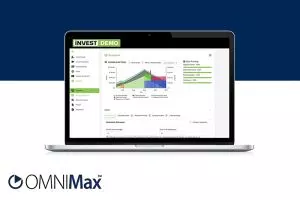Renewed interest in mortgage funds
Latest
FundSource research shows that mortgage funds continue to attract
significant fund inflows. For the 2001 year, the New Zealand mortgage
sector had the highest quarterly inflows of any sector. The catalyst
for this popularity in mortgage funds can be attributed mainly
to the general decline in global equity markets over past two
years, starting from the...



![[OPINION] Tax Efficiency vs. Real Returns: Are you being penny wise and pound foolish?](https://goodreturns.publit.io/file/c_fill,w_300,h_200/eb495911-87ec-46c6-9a16-6eeb5c81e7fb-9.webp)






